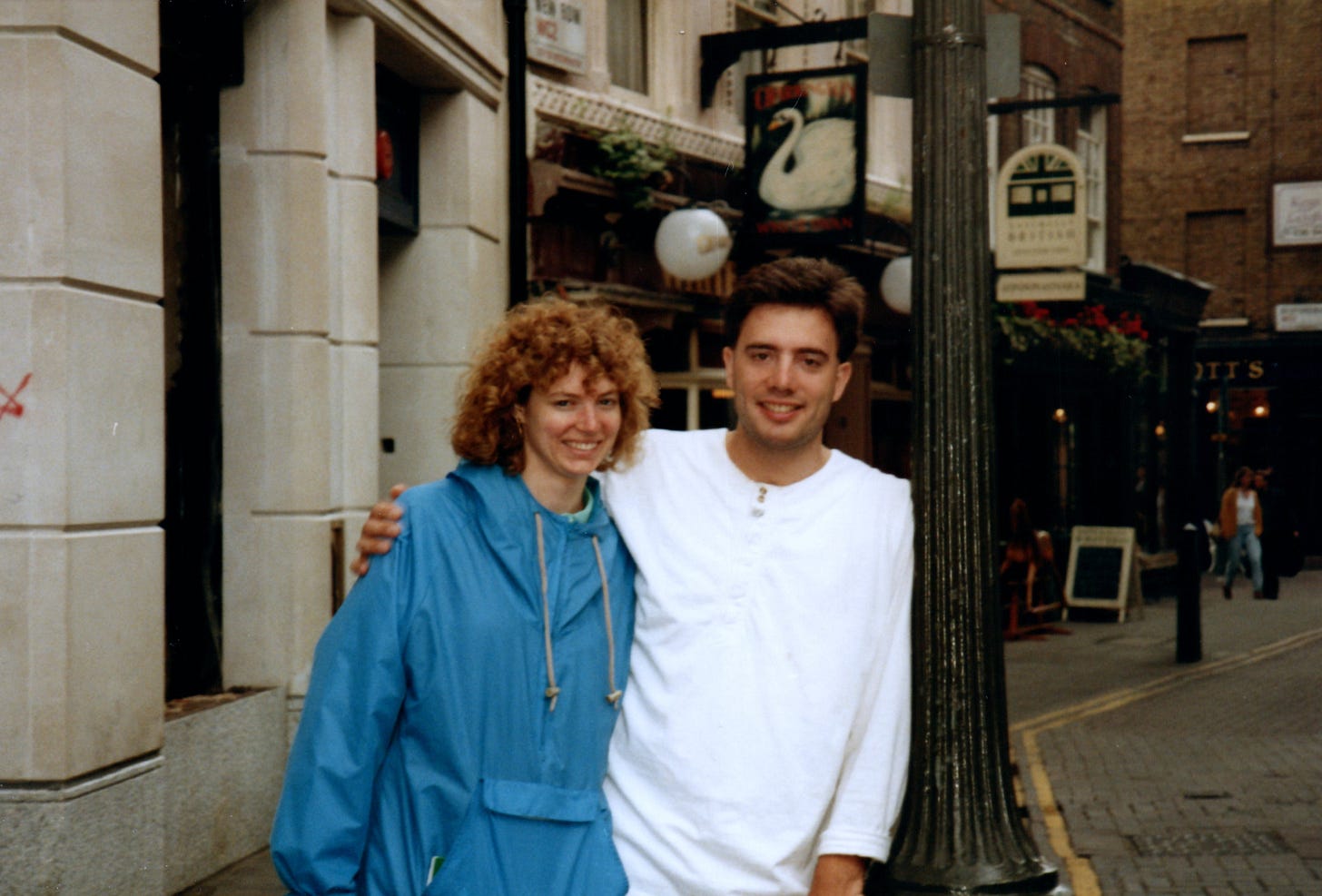🙏We still have a lot to learn from Rick Steves
Becoming a temporary local is just the beginning
The New York Times published a new interview with European travel guru Rick Steves this morning. The timing is coincidental: As I wrote the other day, Eternal Spring: Our Guide to Mexico City is deliberately modeled after the Rick Steves guidebooks for Europe though it differs in important wa…




